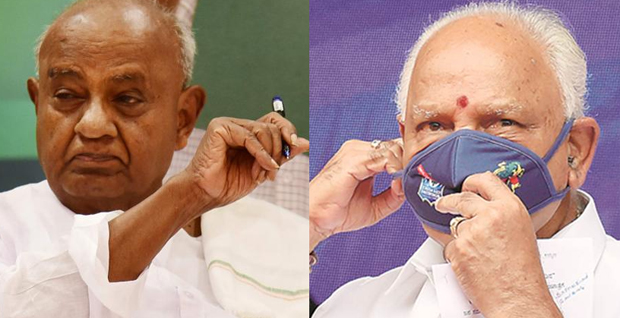Bengaluru, Jul 4: After Rahul Gandhi resigned from the post of Congress president, Karnataka Minister DK Shivakumar has said that if the party is united then even the country will be united.
"Without the Gandhi family, Congress can't be united, without Congress being united, country can't be united. Gandhi family is the only strength to keep this party strong, united and rebuild this party to bring it back to power," Congress leader in Karnataka, Shivakumar told reporters on Wednesday.
Gandhi on Wednesday announced that he was no longer the president of the Congress, and the party should decide on a new chief without delay.
He posted a four-page resignation on the social media.
"The party should decide on the new president quickly without further delay. I am nowhere in this process. I have already submitted my resignation and I am no longer the party president. CWC should convene a meeting at the earliest and decide," Gandhi told reporters in the parliament.
Rahul has also removed the tag of party President from his Twitter bio hours after confirming his resignation from the top post.
The Congress lawmaker changed his bio from "President of Indian National Congress" to "Member of Indian National Congress".
Gandhi, Member of Lok Sabha from Wayanad in Kerala, became the Congress president in 2017. Earlier, he offered to step down from his post at the Congress Working Committee (CWC) meeting on May 25, taking moral responsibility for the Congress' abysmal performance in the 17th Lok Sabha Elections.






Comments
Add new comment